When an antihypertensive drug does not lower blood pressure as effectively as it should, is it preferred to recommend an increase in the dose of that drug, or an increase in variety?
Hypertension is a long-term chronic disease that requires patients to take medication consistently for a long time. However, many hypertensive patients are always complaining that their medication does not work and their blood pressure is not well controlled.
In fact, the vast majority of patients with substandard blood pressure are not on ineffective medications, but are not taking their medications properly.
Combination medications work better than single drug dose increases
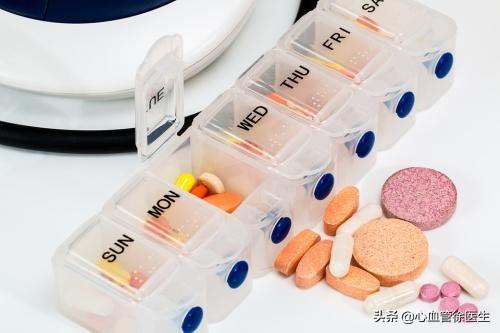
Combination of drugs can increase the antihypertensive effect to achieve 1+1>2 antihypertensive effect without increasing the adverse effects, on the contrary, some adverse effects can be counteracted.Increasing the dose of a single drug, on the other hand, does not result in a very satisfactory drop in blood pressure and increases side effects. Therefore, when the effect of regular dose monotherapy is unsatisfactory, Dr. Xu suggests that a combination of two or more antihypertensive drugs can be used.
In fact, grade 2 and higher hypertension often requires combination therapy to achieve target blood pressure. In patients with blood pressure ≥160/100 mmHg or 20/10 mmHg above the target blood pressure or at high risk or above, combination therapy with two drugs in small doses or with a fixed-complex formulation can be used from the outset. The widespread use of single-tablet fixed-compound formulations is conducive to improving blood pressure compliance. Simple, effective, and cost-effective drug regimens facilitate the management of hypertension at the primary level.
Principles of choosing antihypertensive drugs
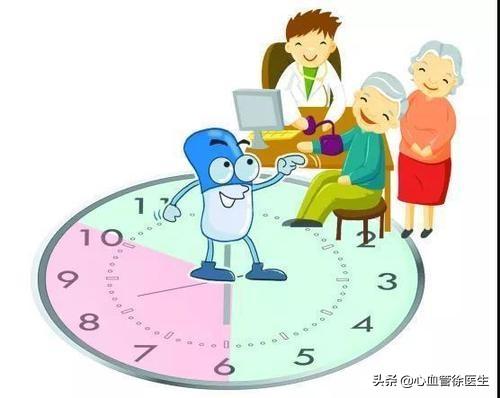
Priority is given to long-lasting systems.Long-acting drugs with a continuous 24-hour antihypertensive effect administered once daily should be used whenever possible, thus effectively controlling nighttime blood pressure and morning peak blood pressure, and more effectively preventing cardiovascular and cerebrovascular complications.
If a medium or short-acting preparation is used, the drug needs to be administered 2-3 times a day to achieve smooth control of blood pressure.
Individualized medication under doctor's supervision
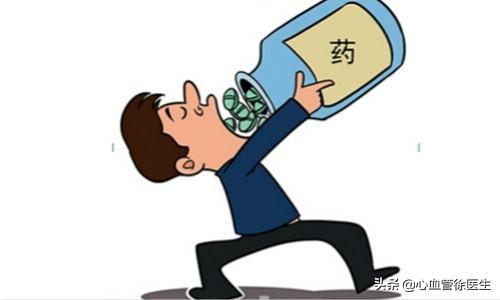
The sensitivity to medications varies tremendously from patient to patient. Hypertensive patients should not introduce drugs and experiences to each other. It is important to choose the antihypertensive medication that is appropriate for each patient based on the patient's specific situation, drug effectiveness and tolerability, and taking into account the patient's financial condition and personal wishes.Lowering blood pressure to reach the target is the core goal of hypertensive patients, and we hope that you will choose the right medication for you under the guidance of your doctor to safely and effectively lower your blood pressure and maintain your health.
Focus on Health, Focus on Cardiovascular Dr. Xu
In the treatment of hypertension, the issue of dosing and combinations needs to be faced frequently, and if nothing else, combinations have a higher priority.
Drugs are not the first choice in the overall treatment program of hypertension. For some patients who have just been diagnosed with hypertension to a lesser extent, they should first undergo a 3-month period of life regulation, and only after their blood pressure has not improved should they consider applying the relevant drugs for control.
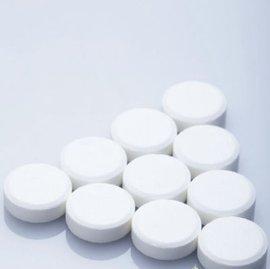
The first step is a single medication!
Any medication can cause some harm and adverse reactions while taking it, and blood pressure medication is naturally no exception.
Therefore, patients in the early application of the first choice of an antihypertensive class of long-acting drugs, such as diphenhydramine, Prilosec, sartan, etc., try not to make unauthorized decisions, because although they are all antihypertensive drugs, but there is a certain difference in bias, and it is recommended that the choice of the application of the guidance of a professional physician.
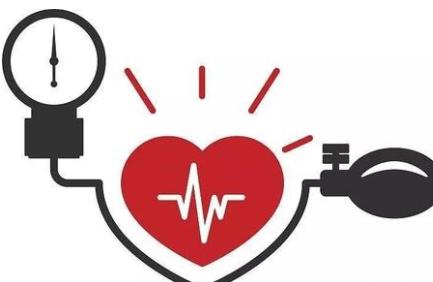
The second step is to combine small doses of medication!
After the first step of medication is not effective and the patient's blood pressure is not effectively controlled, it is time to consider a combination of medications.
By taking 2 antihypertensive drugs at the same time to lower blood pressure (for example, the combination of diphenhydramine + prilosec, diphenhydramine + sartan, etc.), on the one hand, to enhance the effect of lowering blood pressure, and on the other hand, to reduce the side effects, but need to pay attention to this time of the combination of drugs should be started from a small dose, so as to observe the response.
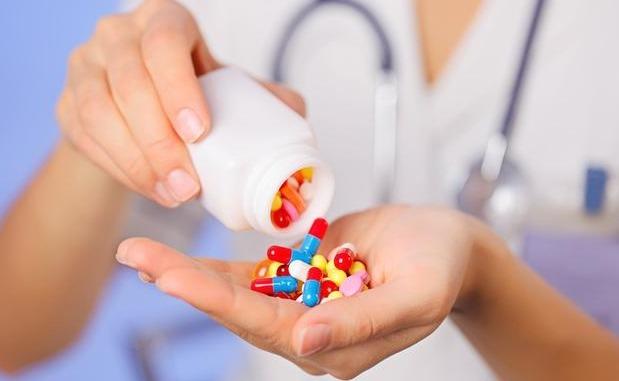
Step 3: Increase the dose of the drug!
Whether you continue to follow the combination regimen or switch back to a single drug, this is the time to increase the dose of the drug, which will enhance the antihypertensive effect to some extent and control the blood pressure stability.
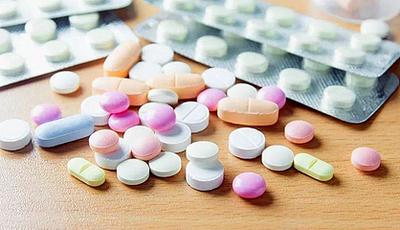
Step 4: Continue to increase the variety of drugs!
When the application of the above antihypertensive drugs, but can not stabilize blood pressure, you need to continue to increase the types of drugs to strengthen the effect of antihypertensive, such as diuretics, spironolactone and so on.
Also, we need to consider other situations at this point!
When medications are not effective in lowering blood pressure, other possibilities need to be considered.
The patient's blood pressure climb whether there is a relevant etiology, such as neck lesions on the nervous system of the continuous pressure and stimulation, this time will make the relevant vascular spasm contraction, on the one hand, affect the normal flow of blood, on the one hand, will also make plaque thrombosis accelerate the formation of the two together, will make the lumen of the pressure increases, the blood pressure rises rapidly.
High blood pressure caused by this condition is extremely limited by the effect of medication and requires intervention to treat the root cause, otherwise the blood pressure will only get higher and higher. On the contrary, when the patient's root cause is resolved, the blood pressure will naturally drop and eventually normalize.
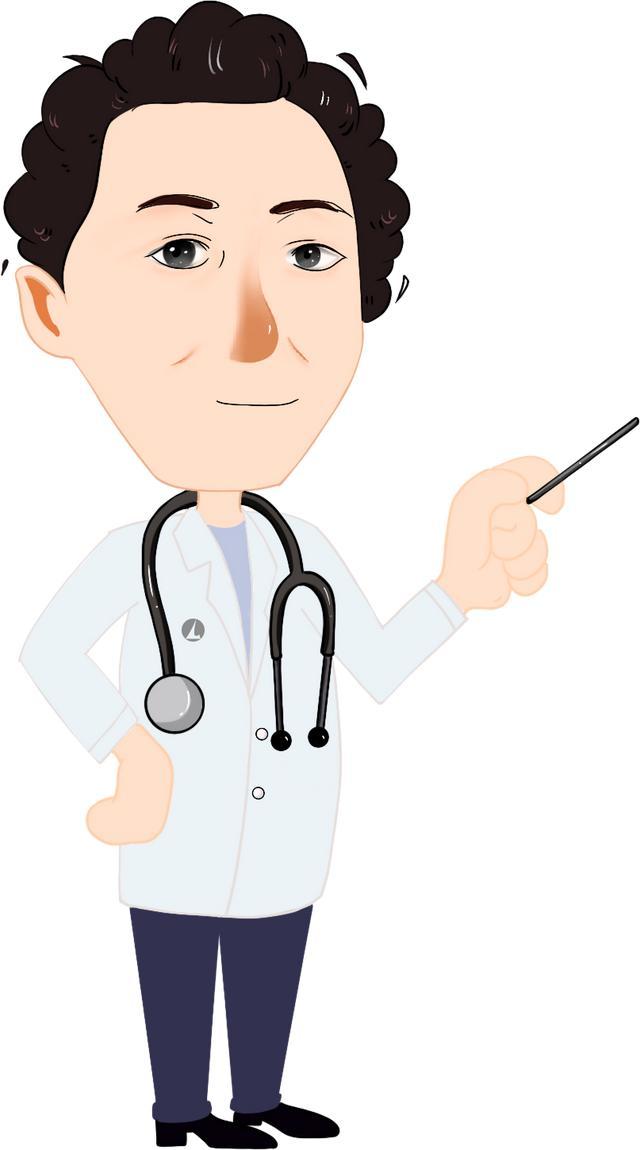
I hope my science helps!
If there's anything you don't understand, comment and private message me!
This question and answer are from the site users, does not represent the position of the site, such as infringement, please contact the administrator to delete.